Mastodon may be thedecentralized alternative to Twitter? The social platform born in Germany is collecting several social exiles just bought by Elon Musk, who are testing alternatives. Because if Musk’s decisions can change Twitter, Mastodon seems structured in a totally different way.
Mastodon, the social network that acts as an alternative to Elon Musk’s Twitter
The acquisition by Elon Musk is changing Twitter a lot. The billionaire immediately fired half of the employees of the social network (although it seems that he wants to reinstate some, considered necessary). And then he will introduce the ‘blue’ certifications for a fee athe US elections will soon be concluded. Furthermore, he has already banned some users who impersonated Musk to make fun of him.
The effect of these decisions on the number of Twitter subscribers remains to be assessed. But we already know it’s seeing an increase in users for Mastodon, the decentralized alternative to Twitter. In fact, the social network, which counts 4.5 million users of which 1.3 are active daily, registered 70,000 new signups the day after Musk’s acquisition. And in the last week, they have increased by 230 thousand.
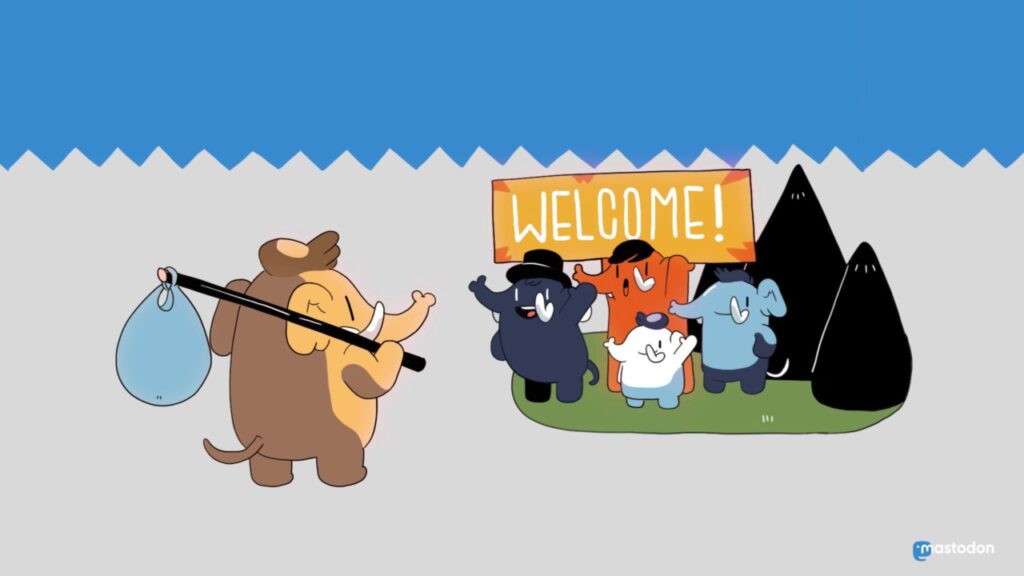
Numbers that pale in front of 237 million active users in America, even more so than social networks like Facebook, Instagram or TikTok. So it can’t really be a Twitter alternative in numbers. But can it offer users the same features?
The differences between Mastodon and Twitter: can it be an alternative to Musk’s social network?
There are several things that the two social networks have in common: otherwise they would not be alternative to each other. Both are technically microblogging platforms. Then users write short posts with their own ideas. Although on Mastodon the posts are longer: come to 500 characters. And these posts (which on Twitter are tweets, while the alternative of Mastodon is called toot) can be re-launched by other users (retweets), or appreciated with a little heart. You can follow the profiles of others and be followed. In appearance, they are very similar.
But the engine that moves Mastodon is open-source and decentralized. This means that the algorithms that display the contents are not decided and kept in secret: they are available for consultation by all developers. In the Italian hub Mastondo.one reads: “If you don’t want a social network where Mark Zuckerberg, Jack Dorsey or another billionaire CEO determines what you can publish and what posts can become popular, Mastodon is a good alternative“.

No posts highlighted for some strange rule: you will see the contents in chronological order of publication. Also you can choose the privacy level of each toot: you can decide to show only to followers, only to a user or publish your posts in the timeline. But also no advertising. And no moderation “from above” it is the users themselves who monitor and enforce the rules (as in old forums that someone will remember).
And then there is the most innovative concept: that of Fediverso.
What is the Fediverso
There is a dense network of sites (about 9,000,000) that make up the February: a term that includes the union of “federate” and “universe”. In addition to Mastodon, for example, there is Pixelfedthe alternative to Instagram. These sites are joined together by the ActivityPub protocol, which allows you to create decentralized social networks using independent servers.
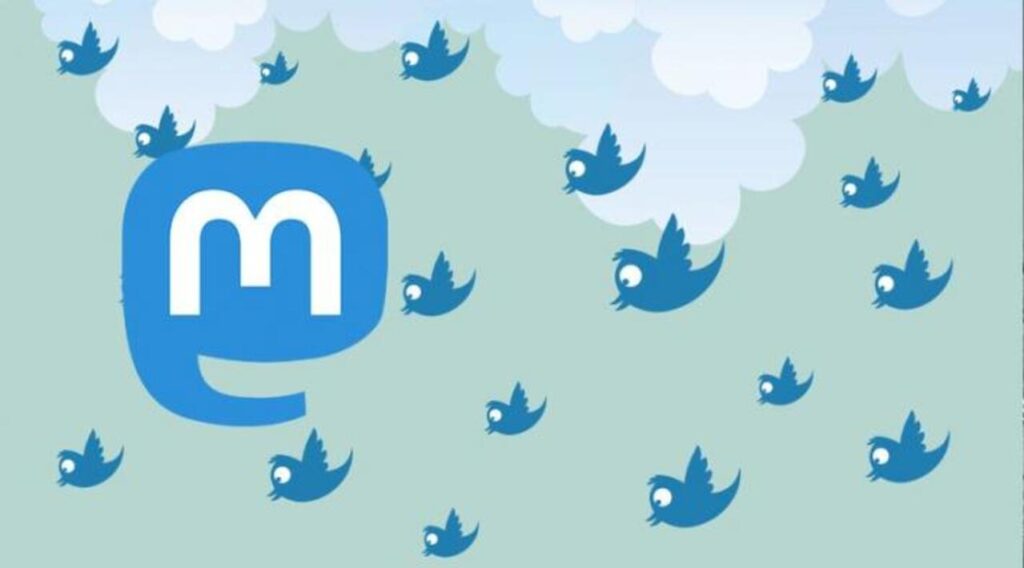
This means that each “Instance” of Mastodon is independent from the others, but connected to the network with all the other servers of the social network (and also many other services). For example the Instance mastodon onethe main one in Italy, includes 23,000 subscribers offering generalist toot. But there are many other alternatives in all languages, depending on your personal interests. There are currently 70,000 Instances, which cover all possible interests, from sport to Kpop, passing through technology.
What they have in common, in addition to the protocol for communicating, is the business model: no advertising, instead they feed on voluntary donations on the Liberapay open platform.
Already at the time of the creation of Mastodon, the developer Eugene Rochko he told Time: “I created Mastodon because I have a lack of confidence in the control from above exercised by Twitter”. Now it seems that many new users are agreeing with him. If you want to try Mastodon as a Twitter alternative, you can download the app from the links below.
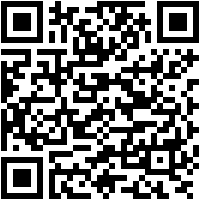


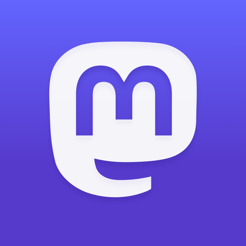






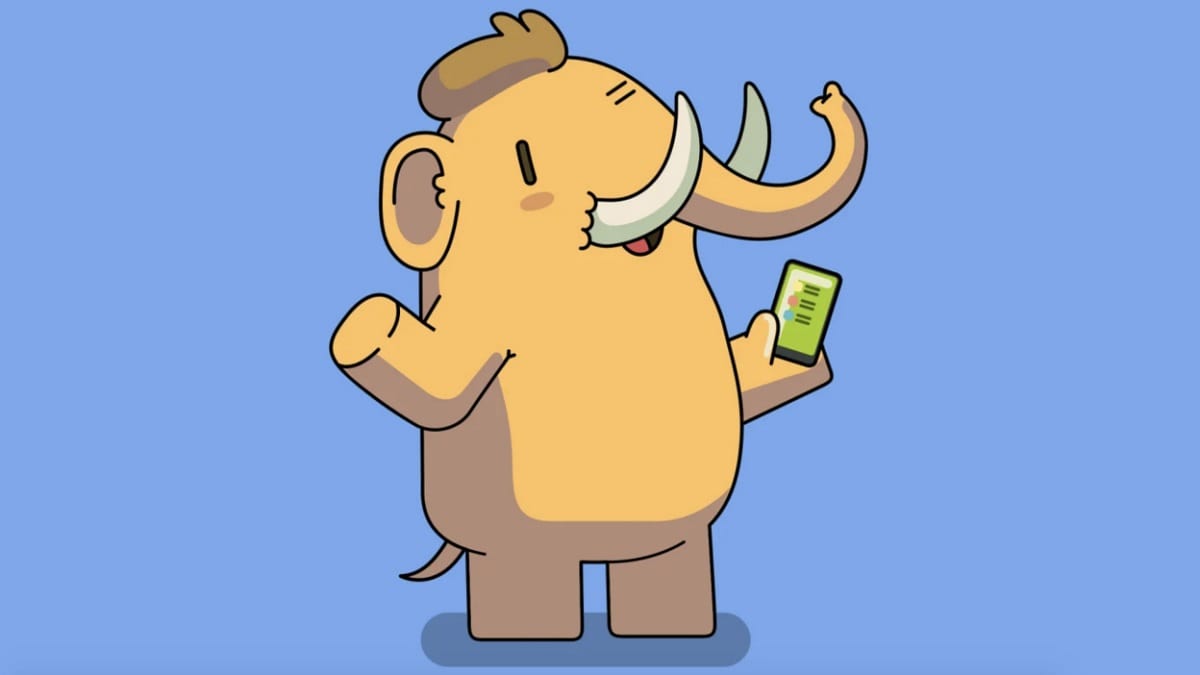








Leave a Reply
View Comments